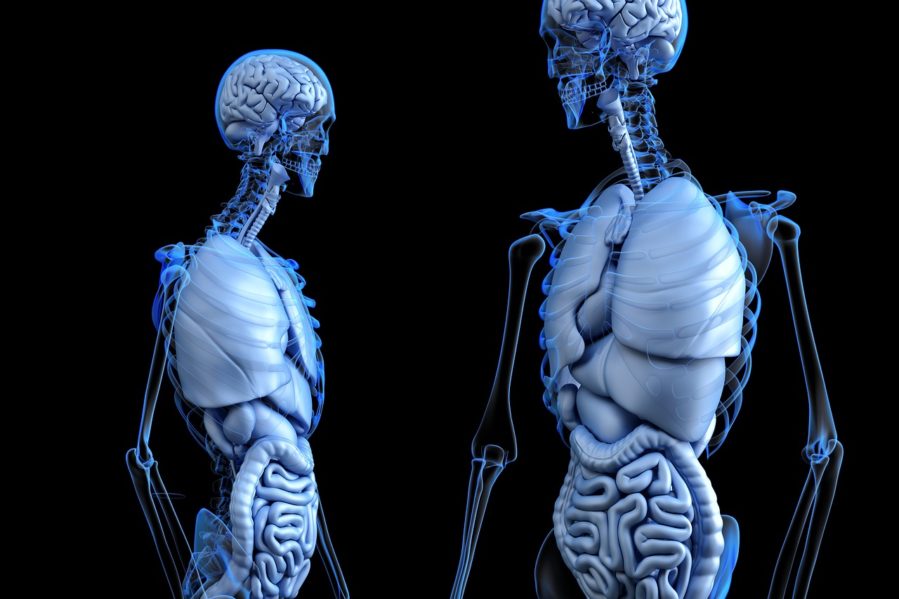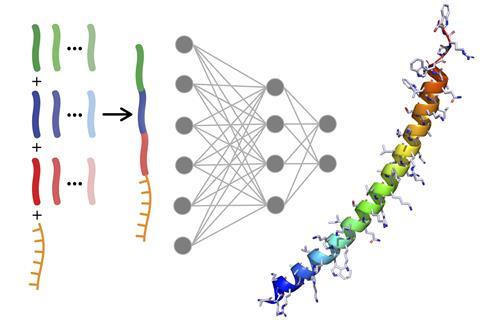Scientists at the University of Nottingham have confirmed that an autumn ‘booster’ dose of a Covid-19 vaccine will be an effective way to protect people from existing, and potentially future, variants of concern. The team of experts found that neutralising antibodies generated by a single dose of the Pfizer vaccine were less effective at neutralising […]
Read More








